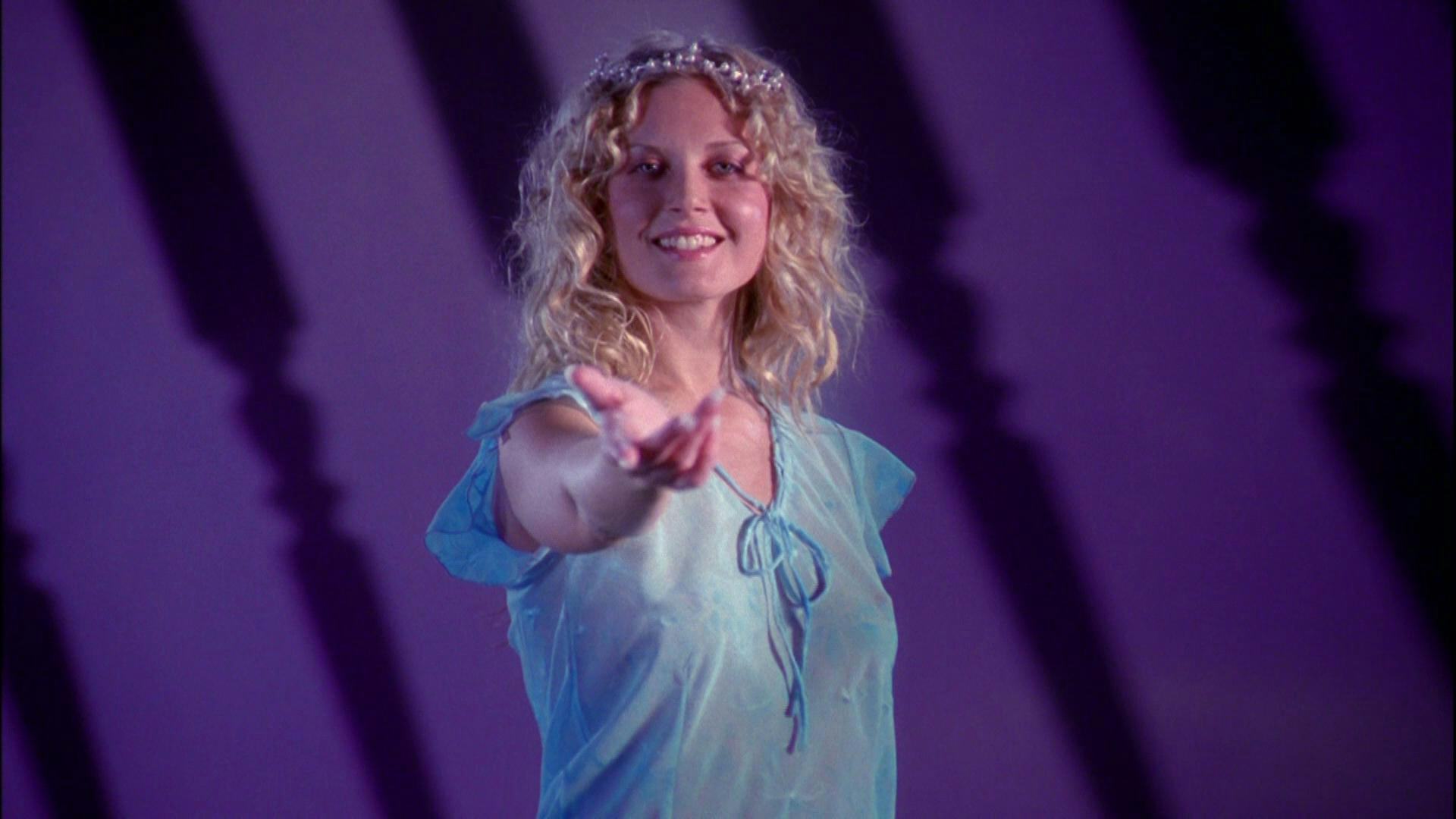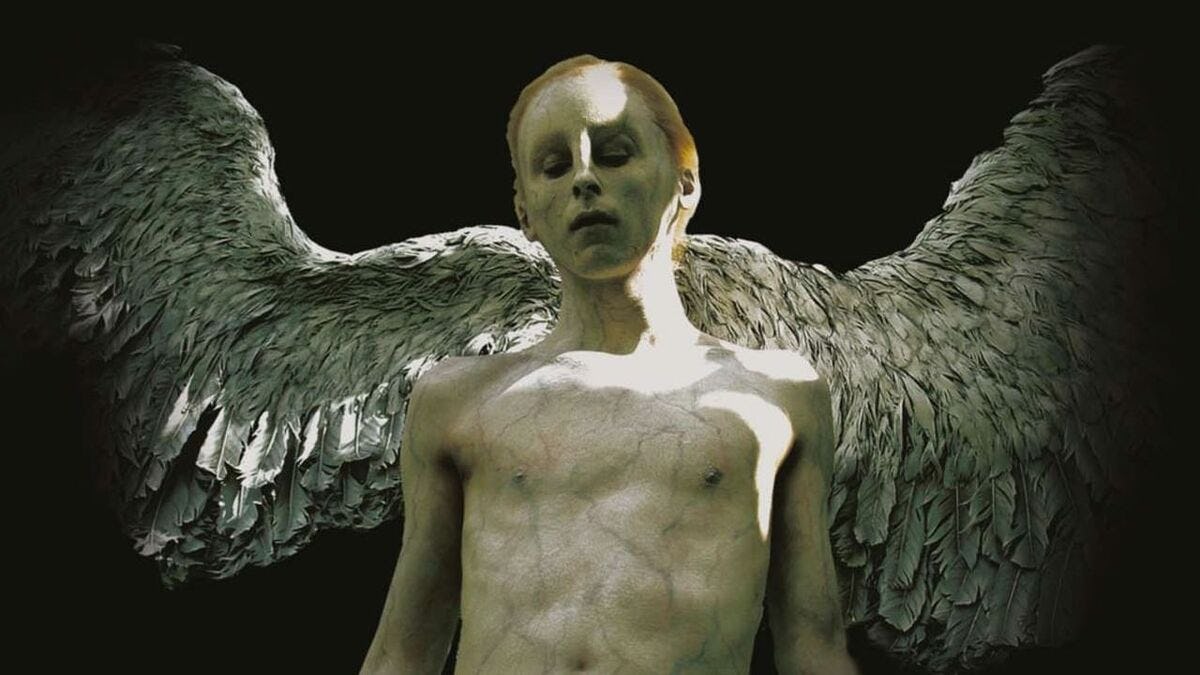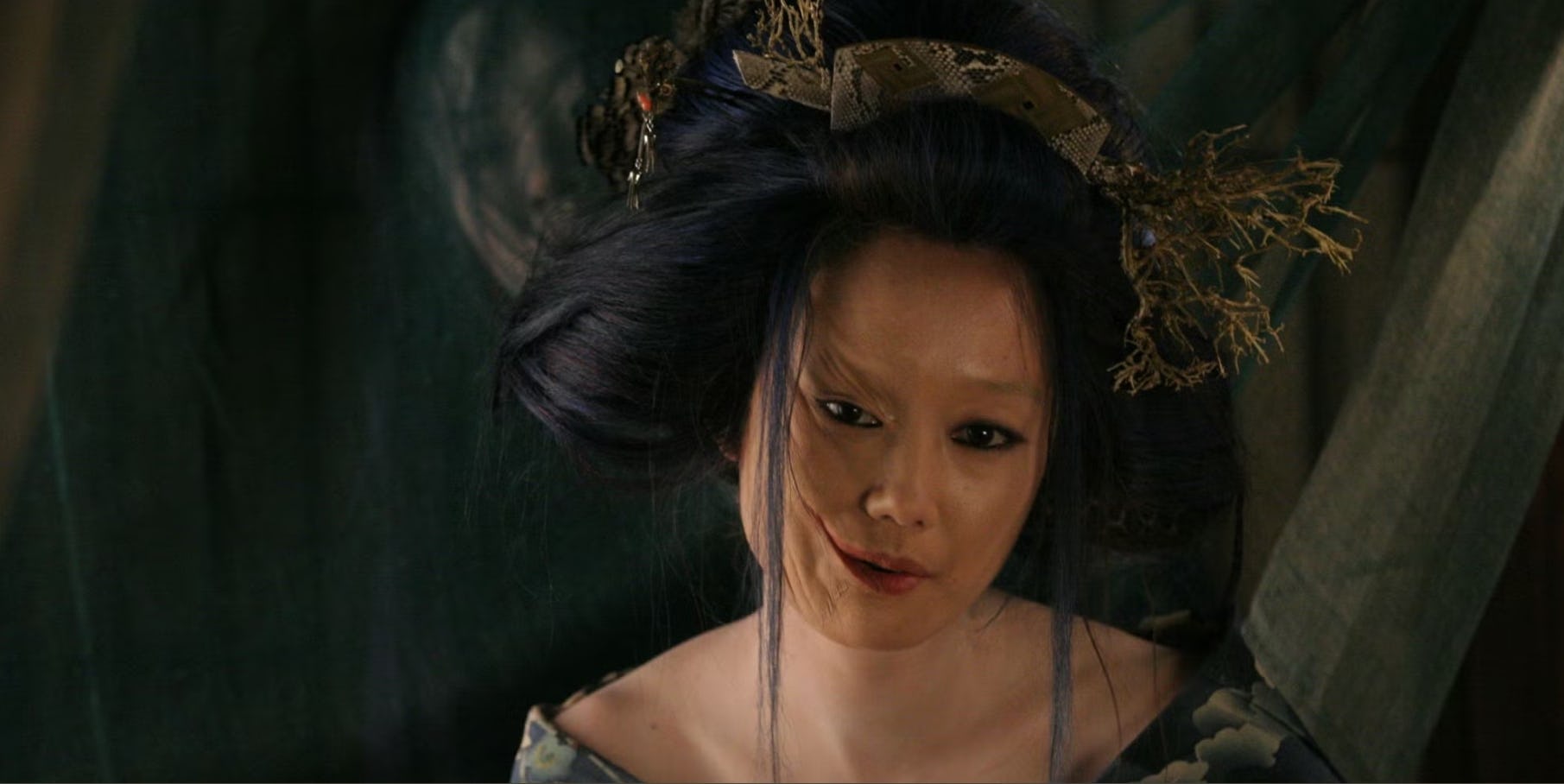
Director Mick Garris had been a passionate horror devotee since he was a teenager, so it makes sense that he’d choose to gather his filmmaking friends for a dinner in 2002. During the meal, Guillermo del Toro, a man whose passion for monsters and the macabre has yet to be matched, stood up in front of a crowd that included horror luminaries John Carpenter, Tobe Hooper, and Stuart Gordon and wished a guest at the restaurant a “happy birthday” from the “masters of horror.” Three years later, Garris would create and produce a Showtime anthology series with the same name.
Garris’ premise for Masters of Horror, which debuted 20 years ago, was optimistic and nostalgic: let legendary genre filmmakers tell stories without the restraints usually imposed by Hollywood. The budgets wouldn’t be exorbitant, but they’d be enough to tell proper, terrifying, and most importantly, creatively liberating stories. And while not all of them would be classics, one can see why many of these directors are regarded as cinema legends.
The era had been indifferent to many of these filmmakers, even if it was amid a new wave of horror (which included mega hits like Scream, Saw, and a parade of remakes reverential to past horrors or made by folks who owed their careers to a love of the “masters”). 2001’s Ghosts of Mars was such an exhausting experience, and so savaged by critics and moviegoers alike, that John Carpenter considered retirement. 1998’s Phantom of the Opera prompted Slant Magazine to say it “seemingly signaled the demise of a great auteur,” Dario Argento. Tobe Hooper had dreamed as a child of moving to Los Angeles, but toward the end of his life, he called his feelings about the city “the ghosts of things that could have been.”
These were the guys who made Halloween, Suspiria, and The Texas Chain Saw Massacre, respectively. On the horror movie message boards and convention circuit, they were royalty. In Hollywood, though, they were relics. Masters of Horror set out to reclaim their potency, not necessarily as hit-makers, but as the artists behind some damn good scary stories.
The best episode of the two-season, 26-episode series belongs to Carpenter and “Cigarette Burns.” Harnessing some of the apocalyptic themes he brought to films like Prince of Darkness and In the Mouth of Madness, “Cigarette Burns” is about the hunt to locate a movie that drove its only audience into murderous insanity and apparently portrays the demise of an actual angel.

The episode, led by genre standouts like Norman Reedus and Udo Keir, is violent and hallucinatory, and at times feels like a commentary on the horror genre itself. After all, Carpenter had spent decades fielding questions about why the genre was so popular and why so many people are eager to be terrified. “Cigarette Burns” seems to argue that fear is almost a mythic emotion, and that we are forever drawn to things that might destroy us.
Self-destructive curiosity, lust, or bloodlust is a driving theme in several Masters of Horror installments. Dario Argento’s wonderfully disturbing “Jenifer” is about a man’s attraction to a disfigured girl that he’s taken into his care. He can’t let go, even as his life collapses around her in a psychosexual nightmare. Stuart Gordon’s “H. P. Lovecraft's Dreams in the Witch-House” is about a supernatural obsession that eventually becomes a stranglehold, while Takashi Miike’s “Imprint” is about an American man who returns to Japan to find a prostitute that he fell in love with, a love that drives him into tormented unreality.
There are also a host of adaptations (Gordon’s aforementioned “Witch House,” Don Coscarelli’s "Incidents On and Off a Mountain Road” is based on a Joe Lansdale story, Tobe Hooper’s “Dance of the Dead” and “The Damned Thing” are from Richard Matheson and Ambrose Bierce), and stripped-down thrill rides. Larry Cohen’s “Pick Me Up” is a brutal showdown between rival serial murderers, one played by the forever underrated Michael Moriarty. “See this? A hollow point,” Moriarty says with his gravel-lined voice. “Makes a teeny little hole going in, but coming out? Oh, it’s a big slice of cherry pie.”

Combine that with solid horror-comedies like Lucky McKee’s “Sick Girl” and a few directors doing the most terrifying work of their career, like Joe Dante’s “The Screwfly Solution,” and you have a series that impresses despite a few lackluster episodes. That said, “most terrifying” didn’t mean it was truly open season. Takashi Miike had earned his international reputation on gory J-Horror treasures like Audition. “Imprint,” though, never made it to air. Mick Garris thought altering it for the network went against the series’ values, while Miike felt he’d just been performing business as usual. “I thought that I was right up to the limit of what American television would tolerate,” Miike told The Japan Times. “...I kept checking to make sure that I wasn't going over the line, but I evidently misestimated.”
Sadly, Masters of Horror met an unceremonious end. Showtime refused to pick it up for a third season, and though it found a spiritual successor with NBC’s Fear Itself, the new incarnation felt neutered and was cancelled with five episodes still unaired. The directors involved were left with scattershot reverence, and men like Tobe Hooper and Stuart Gordon never quite got the mass reappraisals they deserved before they passed. However, as new fans find and discuss these filmmakers and their work, the sheer existence of Masters of Horror feels ahead of its time. It knew that we’d come around on their even more critically maligned work, and that we’d regard those directors as some of the most influential names in horror history.







